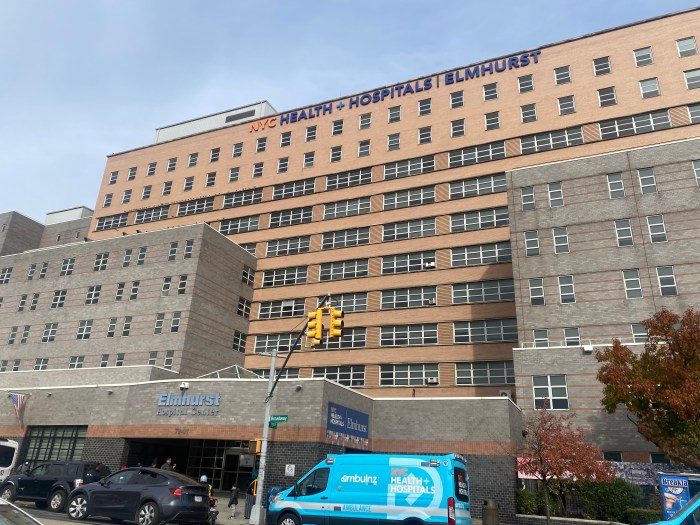The field of law is wide-ranging, and encompasses a countless number of different areas of concentration. It is not typical for an attorney practicing in one area of law to be conversant in another. An individual would not go to his family doctor, a general practitioner, for open heart surgery. In the same way, it is just as inadvisable to seek elder law advice from an attorney who does not concentrate in this complex area of the law.
Many families have established long term relationships with attorneys who engage in the general practice of law. However, when elder law planning is needed, knowledge of specific and complicated elder law-related rules and regulations and their application is essential. General practitioners typically recognize their limitations and refer their clients to competent elder law counsel.
There are several areas that an elder law firm should be knowledgeable about, and up to date with. First, the elder law firm should be very familiar with Medicaid eligibility rules and regulations. Medicaid eligibility has become extremely complex since the implementation of the Deficit Reduction Act in New York last year.
When considering how to protect one’s assets, it is important to know how to be creative so that the Medicaid program can be of assistance. Medicaid benefits are often needed by seniors to help pay for long-term care costs, a need that unfortunately arises often with seniors as they age. Medicaid plans must be crafted with extreme care.
The elder law attorney should also have experience drafting proper surrogate decision-making documentation, as well as initiating Guardianship proceedings on behalf of a loved one. If advance directives, such as enhanced durable powers of attorney, health care proxies and living wills, were not previously executed by an individual who is now incapacitated, knowledge of how to commence a Guardianship proceeding and having the court approve an appropriate Medicaid plan are essential. These surrogate decision-making documents are an important part of a care plan and must be properly drafted in accordance with the client’s specific facts and circumstances.
Planning for a client’s unexpected long-term care needs, and wealth reservation/transfer, also involves knowledge of estate and gift taxes, wills and trusts, among other topics. These areas are inter-related and a client’s situation must be analyzed in the context of all of these disciplines in order to devise an appropriate plan. Tax rules often differ from, and often conflict with, Medicaid rules. Therefore, it is often necessary for the elder law practitioner to perform a cost benefit analysis to assess what is the best course of action.
Further, membership and participation by the attorney in local and national organizations are important in order to stay abreast of the latest changes in the law. Membership often requires accountability to others. In addition, many attorneys are members of study groups that discuss the pros and cons of unpublished decisions that are not a matter of public record, as well as other pertinent issues.
Therefore, when retaining an elder law attorney, be sure that he/she possesses the knowledge, skills and experience necessary to handle the complexities of this specialized area of the law.
Ronald A. Fatoullah, Esq. is the principal of Ronald Fatoullah & Associates, a law firm that concentrates in elder law, estate planning, Medicaid planning, guardianships, probate, trusts and wills. The firm has offices in Forest Hills, Great Neck, Manhattan, Brooklyn and Cedarhurst, NY. Mr. Fatoullah is certified as an elder law attorney by the National Elder Law Foundation. He has been named a “fellow” of the National Academy of Elder Law Attorneys and is a former member of its Board of Directors. Mr. Fatoullah also serves on the Executive Committee of the Elder Law Section of the New York State Bar Association. He chairs the Legal Committee of the Alzheimer’s Association, LI Chapter, and serves on its Board of Directors. Mr. Fatoullah is also a co-founder of the Senior Umbrella Network of Queens, and currently serves on its Board of Directors. This article was written with the assistance of Stacey Meshnick, Esq., a senior staff attorney at the firm. Ms. Meshnick supervises the firm’s Medicaid department. The firm can be reached by calling (718) 261-1700, (516) 466-4422, 212-751-7600 or toll free at 1-877-ELDER-LAW or 1-877-ESTATES.


































